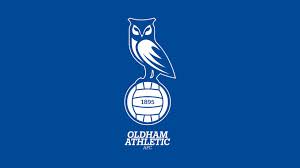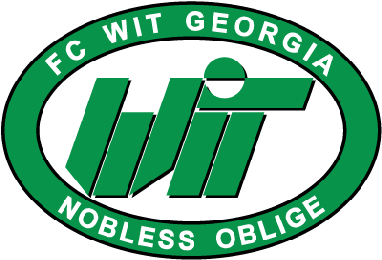
Oldham Athletic Football Club
Additionally, the club has become a platform for addressing local issues, from economic challenges to social cohesion, showcasing football’s ability to unite and inspire change R88.
Oldham Athletic Football Club in Modern Football
As we navigate the complexities of modern football, Oldham Athletic Football Club faces a landscape filled with both challenges and opportunities.
While the club has experienced its share of trials, recent years have seen a renewed focus on revitalizing the organization, both on and off the field. The introduction of technology in training, player development programs, and community outreach initiatives reflects an adaptive approach to the evolving game.
Challenges and Opportunities Ahead
Football is an ever-changing environment, and for Oldham Athletic, this means confronting numerous challenges head-on. Financial constraints, competition from larger clubs, and shifting audience demographics impose obstacles that require innovative solutions.
Maintaining financial stability is crucial. The club has had to navigate various ownership structures over the years, some more stable than others. Transparent communication with fans about financial health fosters trust, ensuring supporters feel involved in the club’s journey.
Moreover, competing effectively in lower leagues demands strategic planning. Recruitment strategies focusing on scouting young talents while fostering existing players can establish a sustainable model for success. Collaborations with local academies and schools could offer emerging players pathways to professional football, ensuring Oldham remains a competitive force.
While challenges persist, opportunities abound. The growing awareness of mental health in sports presents a chance for Oldham to lead initiatives supporting player well-being. By championing mental health, the club could differentiate itself and resonate deeply with fans and communities alike.
The Role of Leadership and Management
Effective leadership is vital for any football club’s success. In recent years, Oldham Athletic has undergone various management changes, affecting the team’s performance and overall direction.
Strong leadership fosters a cohesive environment where players and staff can thrive. A clear vision that aligns with the club’s values can guide decision-making processes, creating consistency in strategy and approach.
Board transparency plays a critical role in maintaining supporter confidence. Engaging fans through regular updates and feedback sessions establishes a collaborative relationship, ensuring that the voice of the community is heard.
Furthermore, investing in managerial talent capable of navigating the complexities of modern football can translate into improved performance on the field. Emphasizing a data-driven approach to both player recruitment and tactical analysis can elevate the club’s competitiveness, aligning with trends embraced by top-tier teams worldwide.
Conclusion: Why Oldham Athletic FC Matters
In summation, Oldham Athletic Football Club embodies more than just a team; it represents the dreams, aspirations, and resilience of its community. Its legacy is woven into the fabric of English football, echoing stories of triumph, heartbreak, and unwavering loyalty.
As the club continues to forge its path in modern football, it stands at a crossroads filled with potential. Embracing innovation, prioritizing community engagement, and nurturing talent can position Oldham Athletic as a beacon of hope in the world of football.
By holding steadfast to its roots while adapting to contemporary challenges, Oldham Athletic will undoubtedly continue to matter—not just as a football club but as a cherished institution that nurtures community, pride, and passion for generations to come.



